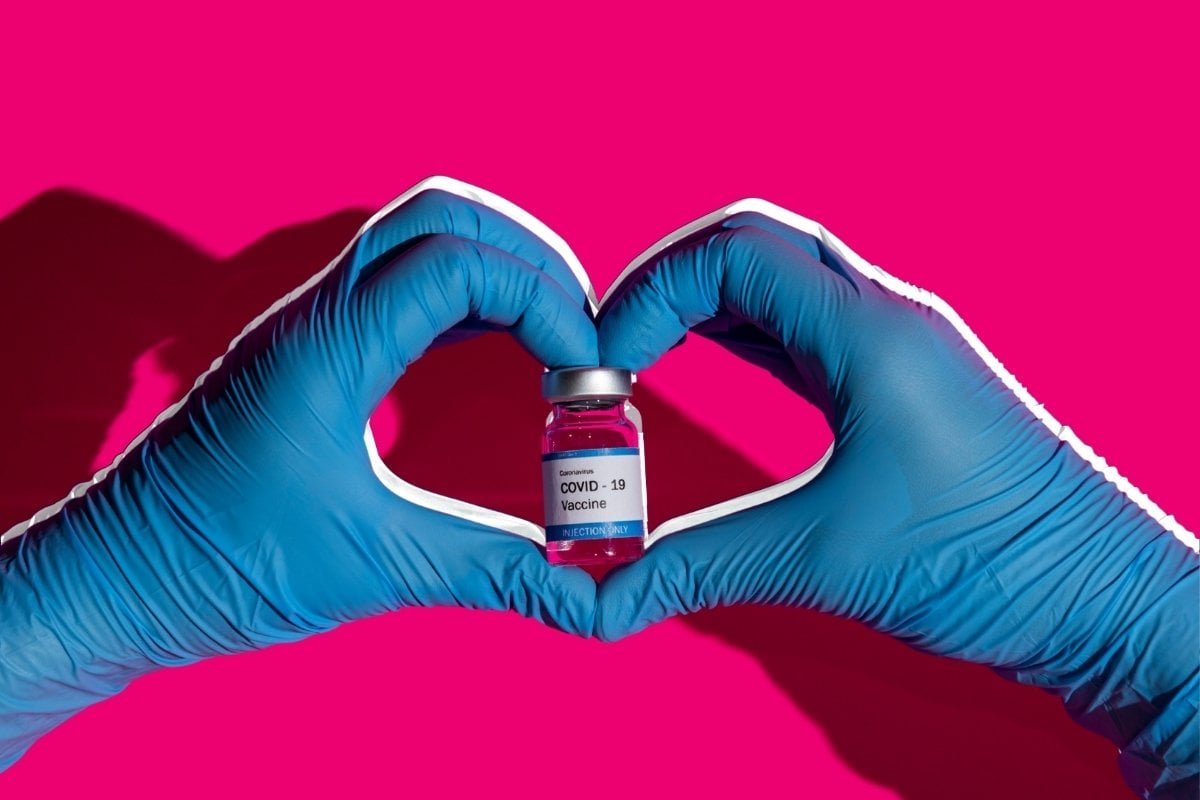
After a sluggish start to the national COVID-19 vaccination rollout, the rates of Australians getting the jab is steadily climbing.
Prime Minister Scott Morrison has stated that he believes the rollout will be complete by the end of 2021.
"I would expect by Christmas that we would be seeing a very different Australia to what we are seeing now," he told reporters in late July. "Lockdowns become a thing of the past when you're at that level."
If you're yet to get your jab, here's what you need to know about which one you can receive, where and when.
Who can get a COVID-19 vaccine right now?
The Federal Government has established a vaccination rollout plan that prioritises the most vulnerable members of our community.
Currently, vaccines are available to:
- people aged 40 and over;
- people aged 16-39 who elect to receive the AstraZeneca vaccine;
- pregnant people;
- Aboriginal and Torres Strait Islander people;
- people with an underlying medical condition or significant disability;
- quarantine and border workers, and their household contacts;
- aged care and disability care workers and residents;
- healthcare workers;
- critical and high-risk workers, including defence, police, fire, emergency services and meat processing;
- people with an Australian Border Force outwards travel exemption in an eligible category.
This daily infographic provides the total number of vaccine doses administered in Australia as of 27 July 2021. Stay up to date with COVID-19 vaccine information here: https://t.co/vqZuOLzB2P pic.twitter.com/Tn0Kfai2Qd
— Australian Government Department of Health (@healthgovau) July 28, 2021

Top Comments
Thanks for bringing this to our attention! The copy has been amended.